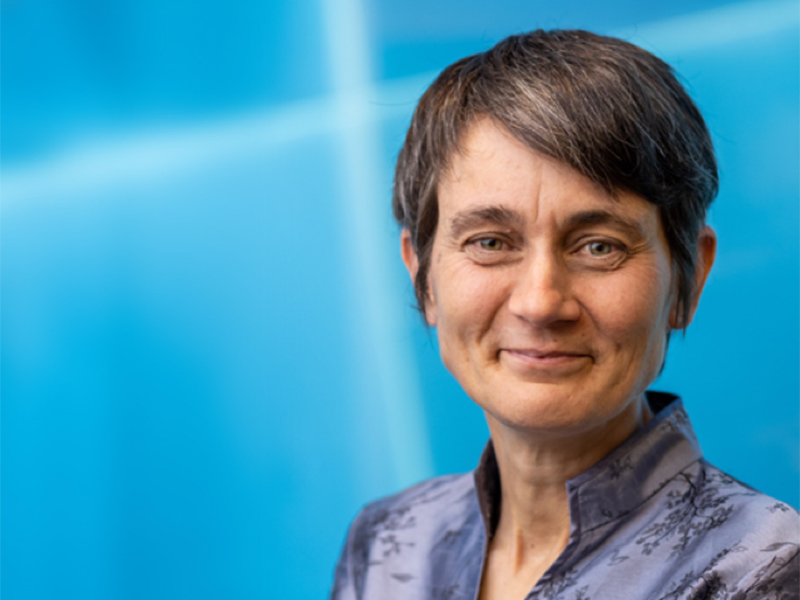Partnerships promise a stronger future for all
23 January 2006Universities are partnerships. Not buildings, bastions, or assertions.

We’re focusing on real solutions to issues facing our economy and society
Marnie Hughes-Warrington
Universities are partnerships. Not buildings, bastions, or assertions.
They are ambitious partnerships by dint of the stewardship that shapes them – a stewardship of social and economic growth at regional, national and international level. You should neither do all the talking nor all the listening in a partnership. We work at that balance every day to address the global geopolitical and GDP shifts that are rearranging and amplifying approaches to work, to security, and to wellbeing. Employment, health, social and economic outcomes for every individual and community are ours to address, together.
The biggest thing we bring to partnership is that our graduates are job-ready for our present and our future. No excuses about them having theories that will help them hit their stride months, years or even decades after they graduate.
Communities need capability, opportunity and meaningful work to thrive now. We are able to deliver because we see discovery – research – as living through partnered education, translation and commercialisation.
Innovation, research and education belong together, in enterprise. And we are always learning, working at strengthening partnership even further.
It is pretty common to talk about maturing the technology readiness level (TRL) of businesses and communities, small and large, but we have our own journey in TRL in the frame too. Act on the evidence you see for improvement and keep on doing so, to steward a stronger future for Australia.
One way we are doing this at the University of South Australia is through the UniSA Enterprise Hub. It is a powerful partnership project in which we will further strengthen the seamless and ‘outside in’ approach to community and economic transformation that we have practised for over 30 years for the benefit of South Australia, Australia, and the Indo-Pacific region.
The balance of the project is right: a small capital adaptive reuse project and a major commitment to further strengthening our ways of partnering and of stewarding solutions for business and community.
We want a literal – physical and digital – front door for industry, business and community groups to make it even easier to work with us. We know through long experience, though, that you need a commitment through your activities behind the door too.
The Hub will combine the energy and know-how of UniSA’s employer-regarded approaches to work integrated learning and internships, as well a its incubators, accelerators, researcher support and education and advancement in the heart of Adelaide’s health and medical research district and next to TAFE SA.
It is already delivering an enhanced understanding of the doctorate as hitting its stride in a project-based approach. Rather than wait for the best students and ideas to come to us, we are reaching out to them and supporting their journey to connect with the best project teams. Most of those teams already include an industry, community or business partner, but we will not settle until all of our research-degree students experience partnered research. Their training is also being optimised to focus on the capabilities and future orientation that employees of all sectors need.
This is the daily walk and talk of the Australian Technology Network (ATN) universities.
ManuFutures, an advanced manufacturing innovation hub based at Deakin University, is another great example. It offers tenants access to Deakin’s research, knowledge and student-base, and an extensive range of business support, centralised corporate facilities and front-of-office functions. Thanks to a partnership with the Victorian government, ManuFutures will be doubling in size and adding a new product engineering development lab.
The ATN brings together Australia’s five real-world universities focused on enterprise, impact and finding solutions to issues facing our economy and society. We relish the opportunity to collaborate with communities, businesses and governments so that we can realise the benefits of our research and teaching.
The best advantage of universities have is their ability to question themselves and listen to and learn from others. We are committed through our actions to creating a more hopeful, and better world. The door is open.
Professor Marnie Hughes-Warrington is deputy vice chancellor (research and enterprise) at University of South Australia. She is a panellist today at the ATN Solutions Summit on Australia’s Innovation Driven Future.
This Op-Ed originally appeared in The Australian on 20 April 2021.

